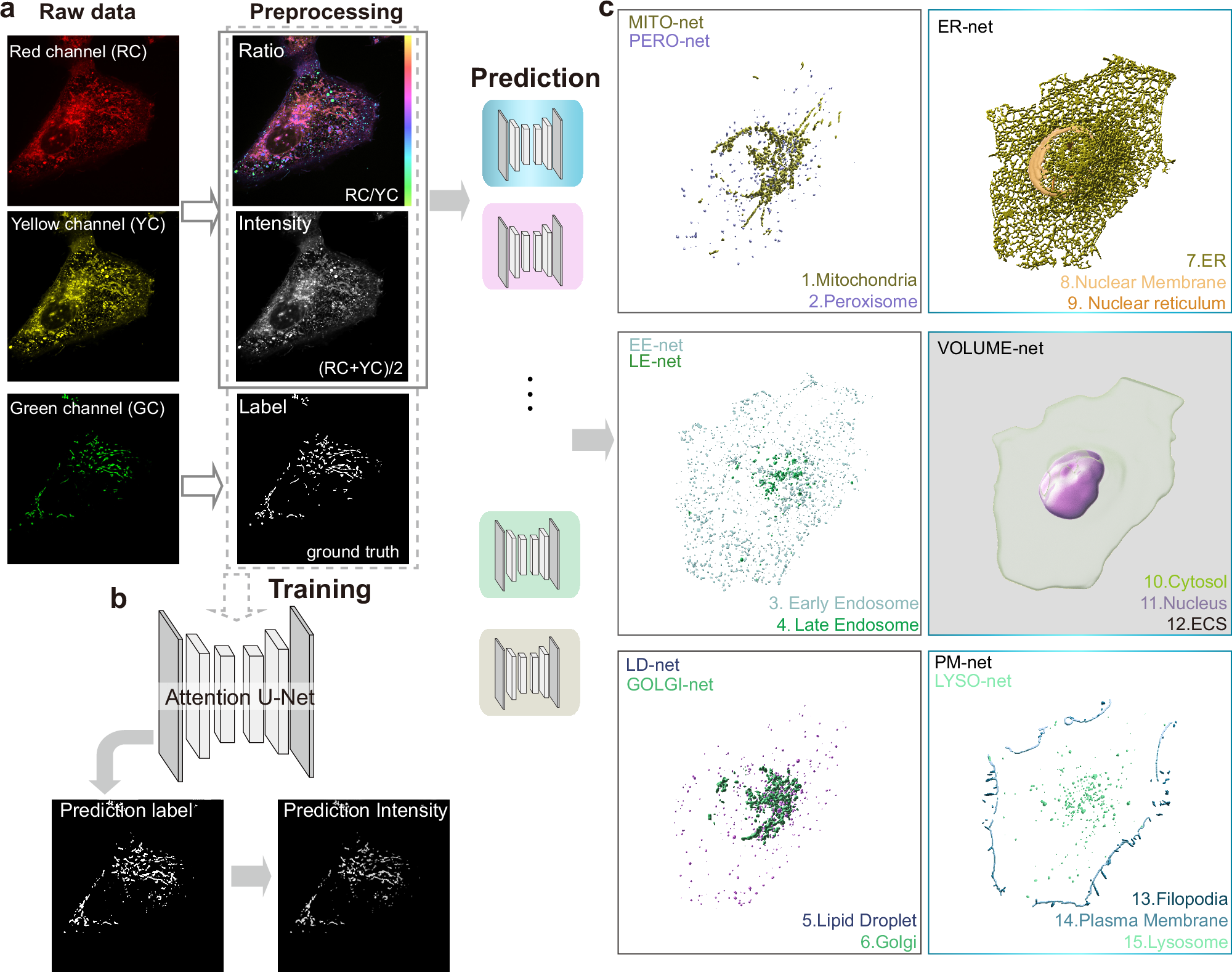2025-03-31 北京大学(PKU)
<関連情報>
- https://newsen.pku.edu.cn/news_events/news/research/14817.html
- https://www.sciencedirect.com/science/article/abs/pii/S107476132500072X
統合された計算機解析により、がん細胞とT細胞における二重作用を持つ治療標的が同定される Integrated computational analysis identifies therapeutic targets with dual action in cancer cells and T cells
Ce Luo, Rui Zhang, Rui Guo, Lijian Wu, Teng Xue, Yufeng He, Yiteng Jin, Yanping Zhao, Zongxu Zhang, Peng Zhang, Sitong Ye, Xiaohong Li, Dian Li, Wubing Zhang, Chenfei Wang, Luhua Lai, Qiang Pan-Hammarström, Kai W. Wucherpfennig, Zhidong Gao, Deng Pan ,… ,Zexian Zeng
Immunity Available online: 28 February 2025
DOI:https://doi.org/10.1016/j.immuni.2025.02.007
Graphical abstract

Highlights
- ICRAFT is an interactive platform for identifying immunomodulatory targets
- ICRAFT reveals causal links between gene perturbations and immune phenotypes
- ICRAFT identified key immuno-oncology targets, including TNFAIP3, PTPN2, and SOCS1
- TNFAIP3 deletion enhances immune-mediated cancer cell killing in T and cancer cells
Summary
Many cancer drugs that target cancer cell pathways also impair the immune system. We developed a computational target discovery platform to enable examination of both cancer and immune cells so as to identify pathways that restrain tumor progression and potentiate anti-tumor immunity. Immune-related CRISPR screen analyzer of functional targets (ICRAFT) integrates immune-related CRISPR screen datasets, single-cell RNA sequencing (scRNA-seq) data, and pre-treatment RNA-seq data from clinical trials, enabling a systems-level approach to therapeutic target discovery. Using ICRAFT, we identified numerous targets that enhance both cancer cell susceptibility to immune attack and T cell activation, including tumor necrosis factor (TNF) alpha-induced protein 3 (TNFAIP3), protein tyrosine phosphatase non-receptor type 2 (PTPN2), and suppressor of cytokine signaling 1 (SOCS1). In cancer cells, Tnfaip3 (A20) deletion activated the TNF-nuclear factor kappa-B (NF-κB) pathway, promoting chemokine expression and T cell recruitment to the tumor. T cell-mediated elimination of Tnaifp3-null cancer cells was primarily driven by TNF-induced apoptosis. Inactivation of Tnfaip3 in T cells enhanced anti-tumor efficacy. By integrating diverse functional genomics and clinical datasets, ICRAFT provides an interactive resource toward a deeper understanding of anti-tumor immunity and immuno-oncology drug development.


